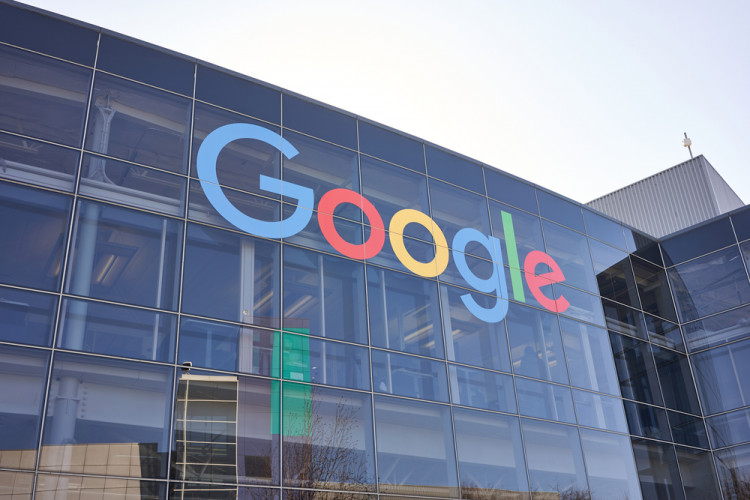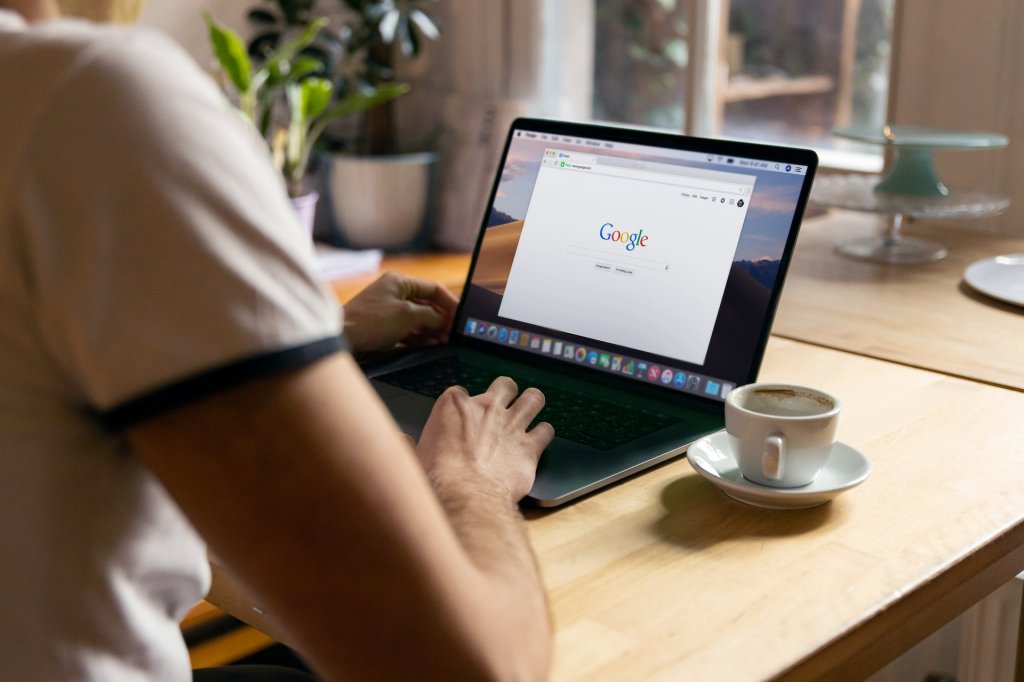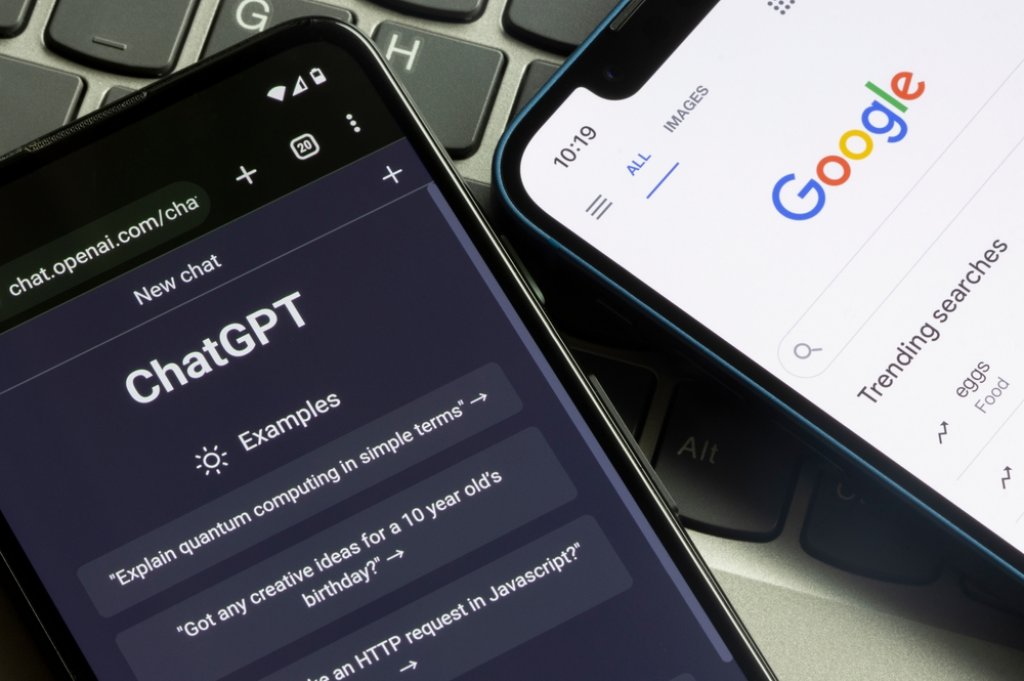For a quarter of a century, Google has reigned supreme over the search and digital marketing landscape. It handles more than 90% of all search queries worldwide, processing over 8.5 billion daily.
It is fundamental to how we access the internet, and how advertisers make themselves known. As a result, it has never pushed to remodel itself in the same way as tech giants such as Microsoft or Apple. Google is not just a company, it is a verb, and it has long been sure-footed in its success.
But is this about to change?
A new US Department of Justice (DoJ) antitrust lawsuit threatens to break up Google’s lucrative digital advertising business; competitors are eating into its advertising revenue; and chatbots are putting pressure on its status as the gateway to the internet. These developments represent significant headwinds.
Antitrust lawsuits are coming
The DoJ lawsuit, filed in January 2023, alleges that Google monopolises digital ad tech. It argues that Google has eliminated competitors through acquisitions, forcing publishers and advertisers to use its products.
Central to this is Google’s acquisition of DoubleClick in 2008. Up to its purchase, DoubleClick had become a heavyweight in the digital advertising world via its ad-serving network. The purchase raised some concerns at the time that Google would have too much control over the online advertising business. Still, it was granted approval by both the US Federal Trade Commission and the European Commission after investigations.
The acquisition effectively gave Google control of the most used tools on both the supply and demand sides of online advertising. Regulators argue that this has caused “harm to online publishers and advertisers”, and the complaint may one day mean Google has to split off its online advertising business. Google will fight the suit, but it could have huge implications for both Google’s revenue and the industry more generally.
Google is already facing a DoJ lawsuit filed in October 2020 surrounding its dominance of online search. The result of both suits may lead to increased competition in the industry and a potential reduction in ad costs – a positive for advertisers and agencies, less so for Google. The outcome is unlikely to be seen for years, but there will be some reflection taking place in Mountain View.
Growth is slowing
If Google supposedly has a monopoly on the online display ad tech industry, does it have a monopoly over the digital marketing business? The answer is a clear no. More than ever, it is facing stiff competition from advertising rivals such as Amazon and TikTok.
By Google’s own reckoning, 40% of young internet users turn to TikTok or Instagram over Google when searching for a nearby restaurant. Younger audiences seem to be opting for the immediacy of TikTok over the more manual traditional search. If this trend continues, and TikTok capitalises on it, why would certain advertisers not shift spend out of Google?
Likewise, Amazon is rapidly increasing its market share. The company’s ad business beat expectations last year, growing by 19% as both Google and Meta saw sales slow as a result of decreases in ad spending due to fears of recession. Amazon has already taken advantage of the shift from broadcast TV to digital by showing ads alongside sport on Amazon Prime and has similar opportunities to do so on its audio properties. Advertisers now have access to a wider range of digital placements – placements which are not on Google’s networks.
The rise of the chatbot
The largest – but also the least clear – challenge to Google’s top spot is the chatbot. “It is a new day for search,” proudly proclaimed Microsoft’s Satya Nadella as he launched Bing’s new OpenAI-powered capabilities in February. Time will tell if he is right, but it is hard to see the rise of tools such as ChatGPT as a passing trend.
Chatbots have the power to be far more precise in the information they provide. Ask Google for something, and you will need to manually trawl through results to get the information. Ask a chatbot and, in theory, it should provide several bespoke pieces of information rapidly. For now, the technology is more of a novelty but given time it could fundamentally alter the way we access information online.
For Google and its counterparts, how bots make money is a question which has not been solved. They are more expensive to run, and their current format is less conducive to advertising. In the short term, Google’s standard search appears to have the upper hand. Eventually, a hybrid AI/search model is likely to be most lucrative, and Microsoft has a head start with its recent updates to Bing. Should Google roll out something similar with its new chatbot, Bard, it may see an uptick in its fortunes.
Google is certainly not going anywhere any time soon, but these changes do offer pause for thought – particularly for those working in communications. More than before, advertisers and agencies will need to carefully consider platform splits to ensure they are not missing relevant audiences. Equally, the growth of alternatives may present exciting new opportunities. Advertising via Google properties will always be necessary, but in ten years’ time it just might not be the top priority.










